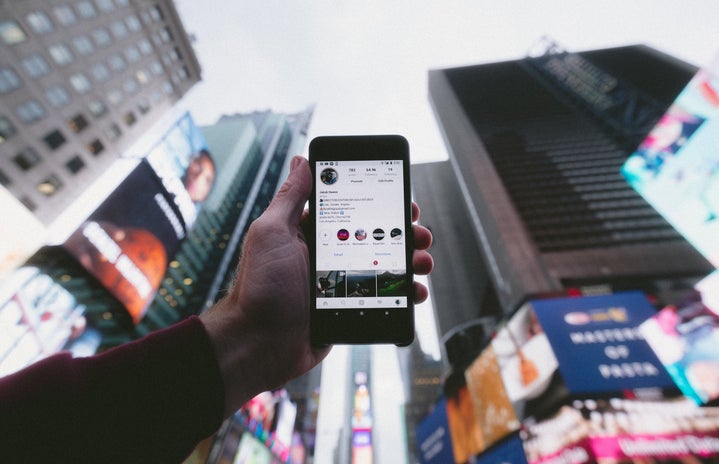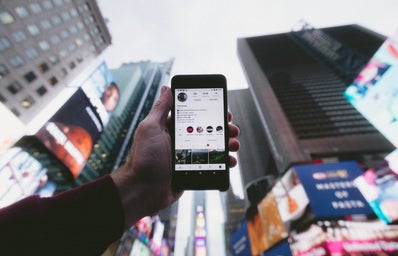With the birth of every big pop culture moment comes overconsumption of TikToks unpacking it. From celebrities’ Met Gala outfits to true crime, users observe a flood of material covering the same subject on their “For You” pages, each video attempting to offer something new. In a way, it makes us better researched. Conversely, it leads to a pattern of being easily influenced by everything we consume. We fall into the pattern of seeing a TikTok telling us something is one way and believing it until we scroll to another video telling us it’s another way. We begin to lose our individuality when we’re introduced to every perspective in a likable and agreeable way; closure becomes more difficult when there’s no clear antagonist.
With the growth of social media alongside our generation, the way news is delivered immediately impacts the way people receive it. We don’t know whether to find something problematic until we check the comment section or listen to podcasters’ commentary. We don’t know whether to find new music good until we check TikTok’s trending sounds. We don’t know whether we want to follow trends until we see them on our favorite influencers’ social media.
But is this always a negative thing? Does preventing us from jumping to conclusions subsequently prevent us from jumping to causing issues?
As a student at UConn, I was humored and confused like everyone else after finding out that President Joe Biden would be coming to speak at our campus. It just felt so random, and everyone recognized that. No one I knew really brought up politics. I sat at dinner with my friends the night we learned about his visit and reflected on some of the hundreds of jokes on YikYak and Instagram we’d seen that day about our new guest speaker being the literal president of the United States.
I’d only perceived the event as interesting and kind of random, but we opened Facebook that night to reveal mostly anger. The same picture we’d adored on all of our stories, indifferent to politics, was ignored by the political anger people held in the Facebook comment section.
It quickly became clear that the age demographics of social media platforms were to blame for the shift in perspectives. However, it led me to wonder, considering the TikTok effect, if I would’ve thought about the speech in a political sense had the news been delivered to me in a political context like the TikToks of activist content creators.


